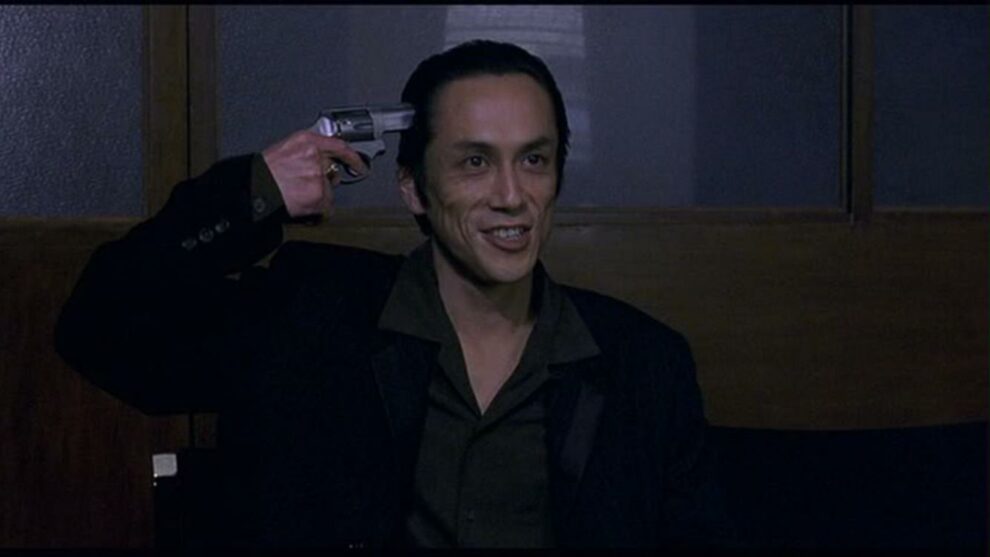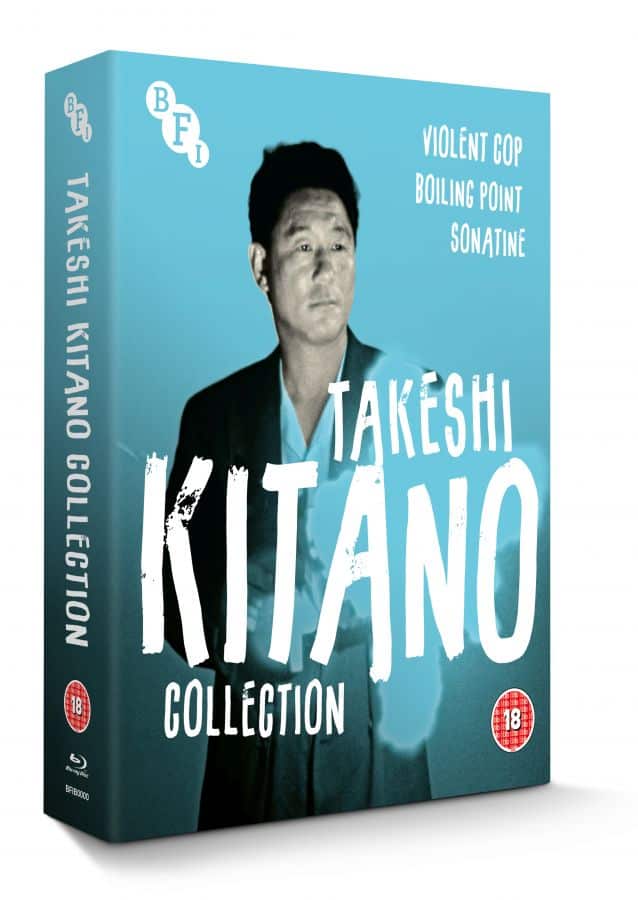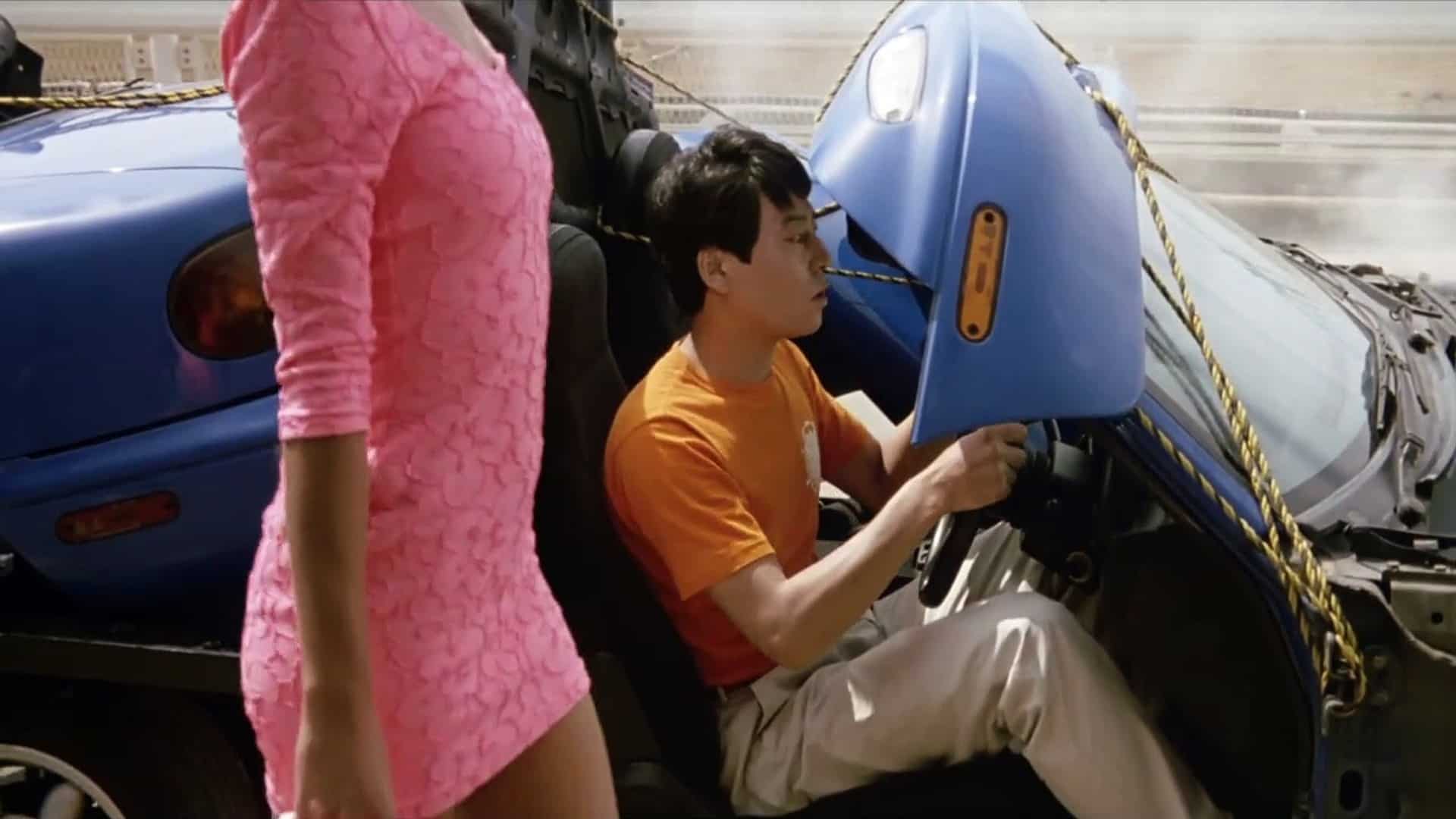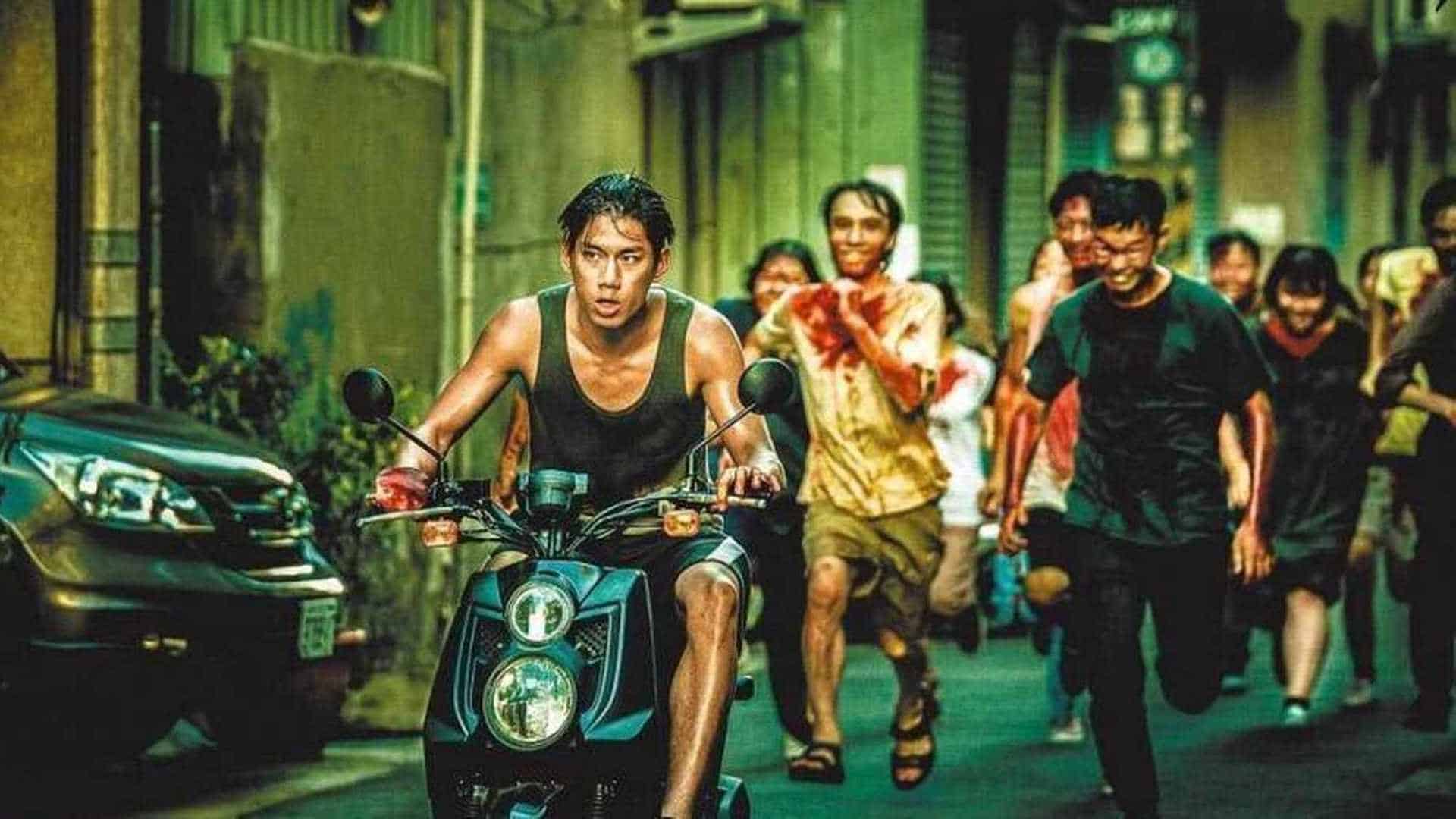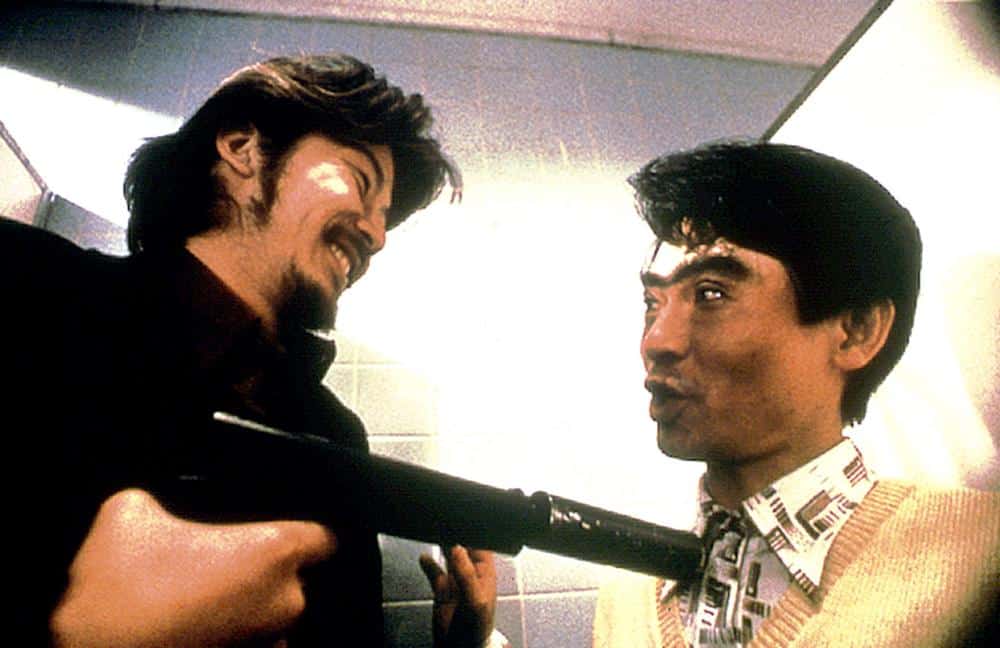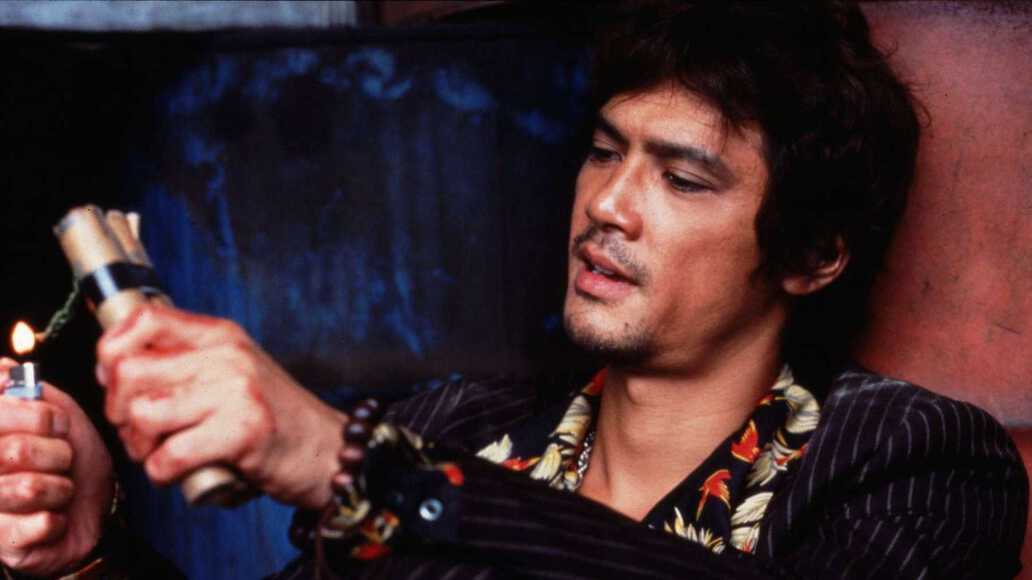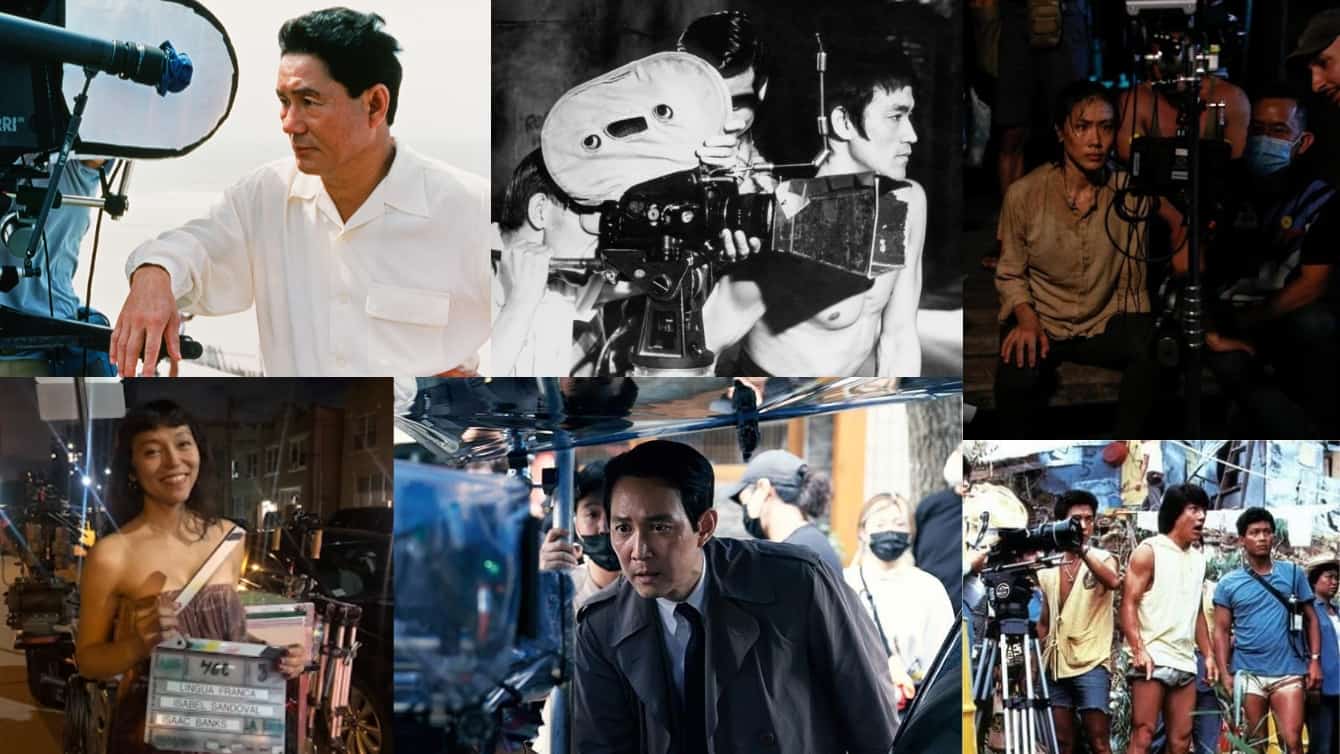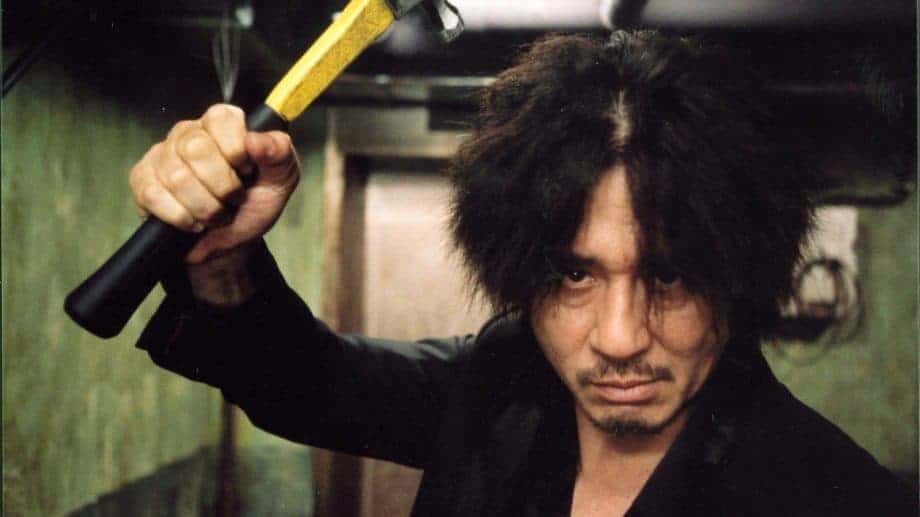Starting his career with an uncredited role in Akira Kurosawa's “Ran” in 1985, the first role anybody would have noticed Susumu Terajima would have been in Takeshi Kitano's 1989 debut “Violent Cop”, as a drug addict henchman. Since then, he has been a notable face in many a cops vs. thugs film, among others, now with over 200 credits to his name.
Having been a regular with some of Japan's leading directors, notably Kitano, Takashi Miike, Hirokazu Koreeda and SABU, to name but a few, he is typically always the bridesmaid, never the bride. Terajima's career has been one of support roles, not often taking the lead, but his face is a reliable one, with many top directors turning to him, and any Japanese cinema connoisseur will need more than 2 hands to count the number of roles of his they've seen.
Here are some standouts from his career that has seen him play: a likeable, loyal understudy to the lead; a world-weary salaryman struggling against the Man; walk-on bit parts; and comedic relief. In the month of his 60th birthday, his is a face that is always a welcome one.
1. Sonatine (1993) by Takeshi Kitano
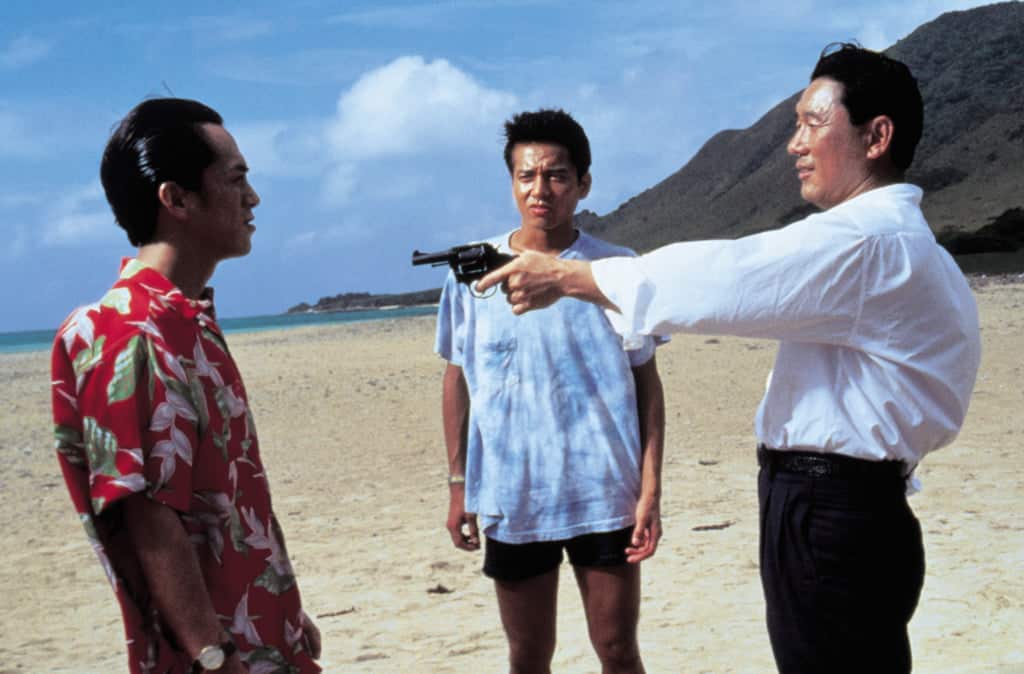
His third appearance in a Takeshi Kitano film, this is the first role of any note, as Ken, the lieutenant to the director's Aniki. Stoney-faced, with slicked hair, he plays the tough guy, but is something of a play thing for his superior, shown brilliantly in one of Kitano's most haunting scenes as a game of imagined Russian roulette on the beach. Despite his unexpected demise, this is the start of his place as Kitano's ever-present right-hand-man.
2. Okaeri (1995) by Makoto Shinozaki
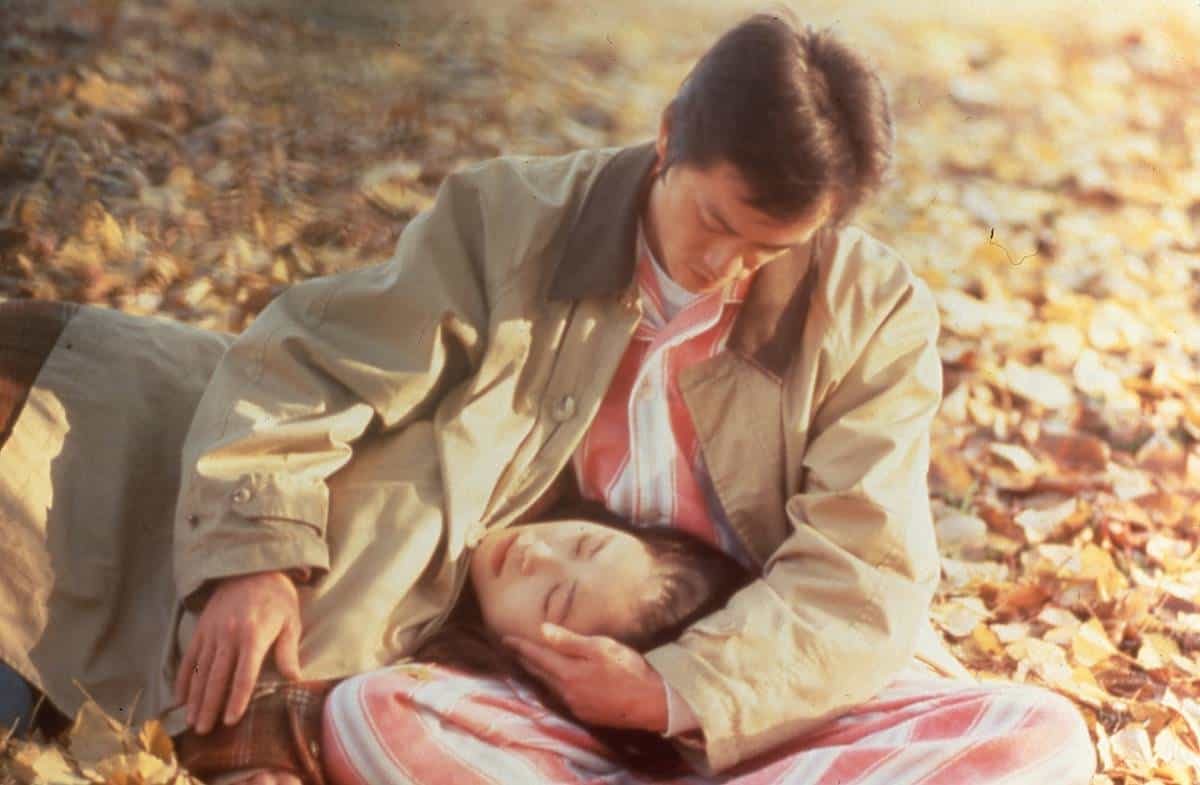
A rare leading role for Terajima, as a husband struggling to cope with his wife's mental illness. Working long hours as a teacher, his wife is often left to herself all day in her freelance career, and this soon takes its toll. Away from the world of crime, this is Terajima as an everyman trying to avoid the stigma associated with mental health difficulties, looking to keep it all bottled inside. Makoto Shinozaki's feature shot on an obvious budget, the long takes create an intensity between the couple, with Terajima showing a range with which he is not typically associated.
3. Hana-bi (1997) by Takeshi Kitano
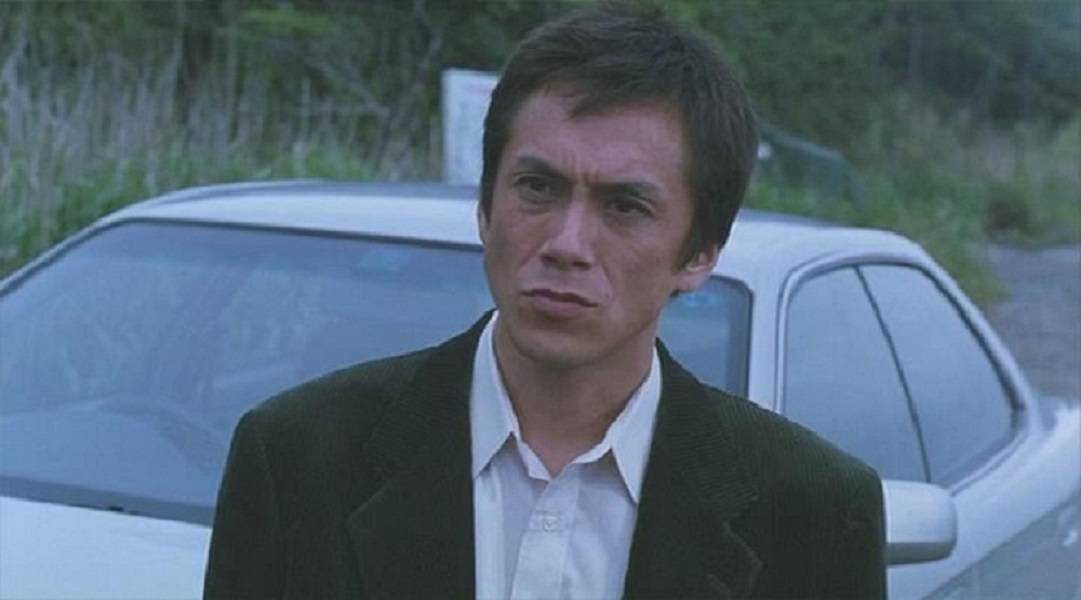
Perhaps Kitano's masterpiece, “Hana-bi” shows the pair join forces again, but this time on the right side of the law, or not so, as it were. As young Nakamura, he is one of Nishi's many sources of guilt, having recovered in hospital from his superior's rash actions. Seen in the slow-motion shootout, he also has to deliver key bullets to Nishi as reminders of his guilt; and is ultimately the man charged with pursuing his former mentor to the end.
Check also this interview
4. After Life (1998) by Hirokazu Koreeda
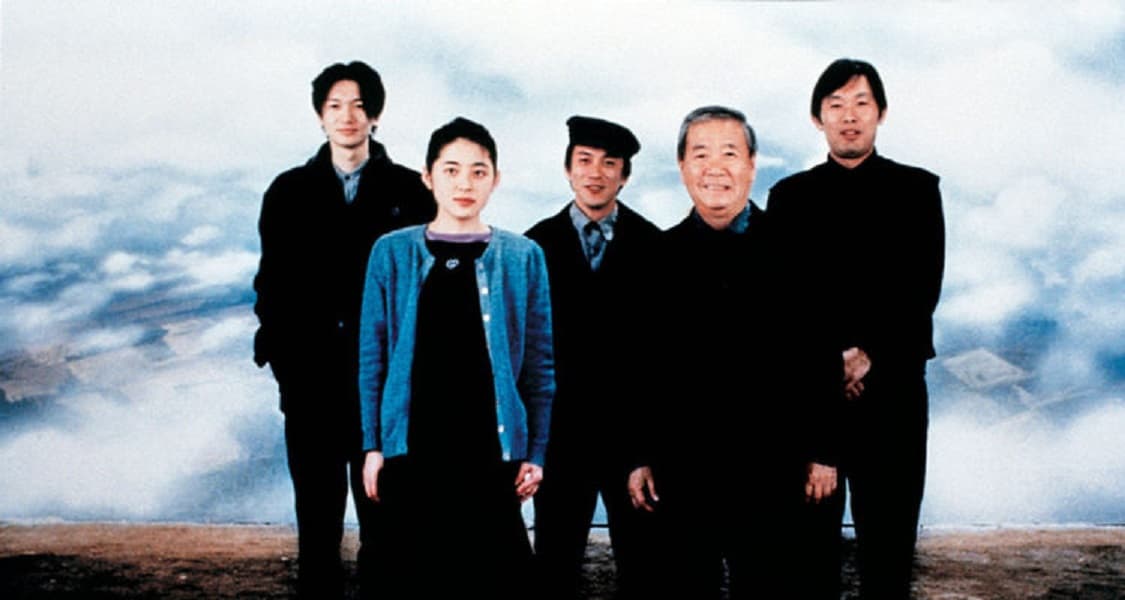
His first role working with Hirokazu Kore-eda, the director chose him for frustrated middle-men, tired of everybody else's nonsense. As counsellor Satoru, he is given the challenging task of working with an elderly woman with dementia, furthering his lot. But while he plays the grouch, he has something of a spring in his step, and is loyal to his daughter, choosing to frustrate himself in limbo for the chance to see her each Obon.
5. Dead or Alive (1999) by Takashi Miike
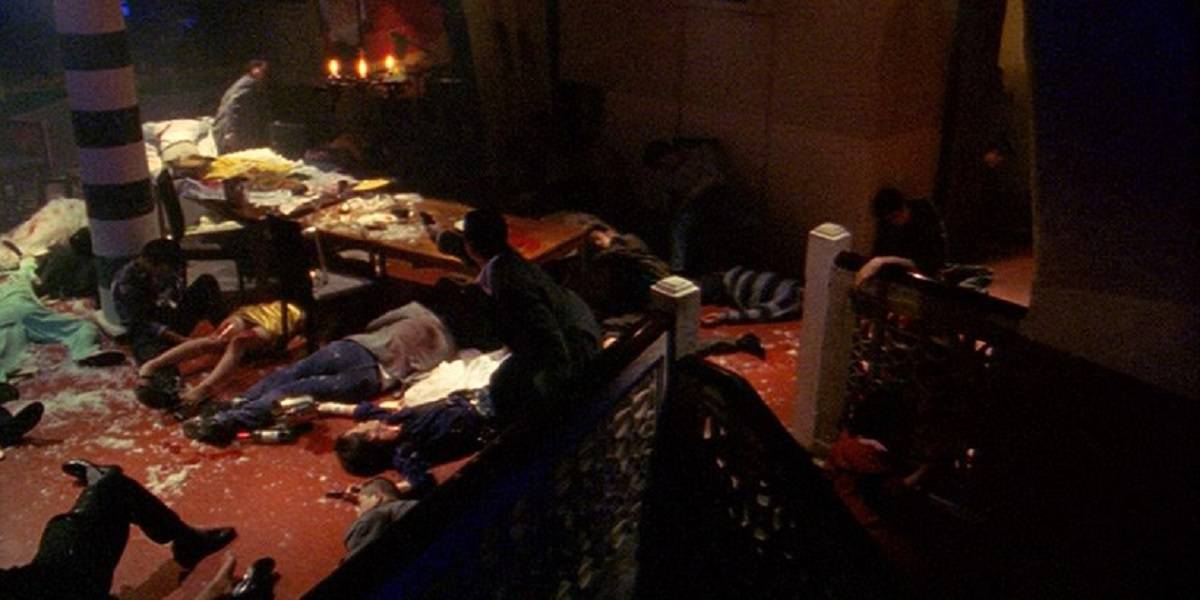
As Inoue, Terajima takes on one of his most likeable roles as Sho Aikawa's second in command. A detective taking a pay check home to his loving family, he even brings his son along to work, despite the dangerous scenario. Loyal to his boss, he jumps in head first into a dangerous situation for him. A family man felt unsuitable for the world he finds himself in, his is the saddest of the many deaths on display.
6. Brother (2000) by Takeshi Kitano
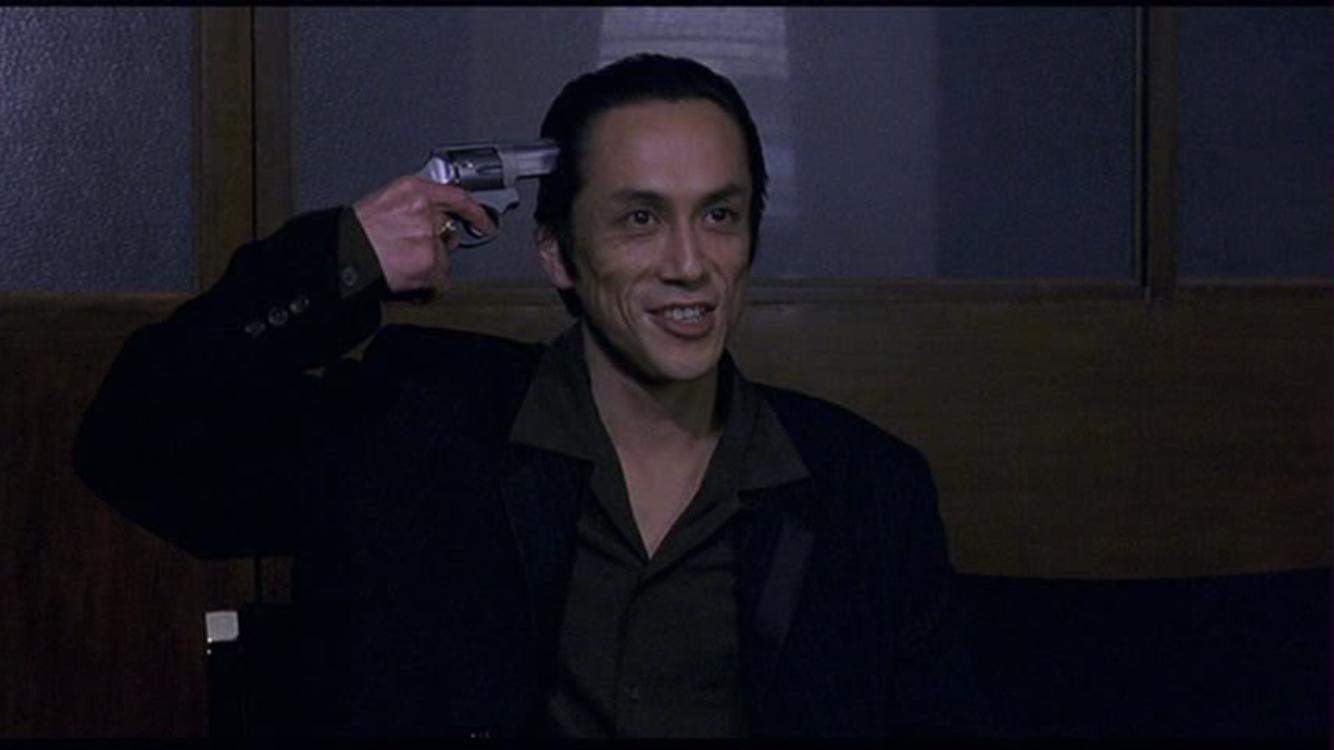
Something of a reprise of his role alongside Kitano in “Sonatine”, he is again the loyal lieutenant in a new land, playing the tough, but often the butt of the joke. There is a hardness to his Kato that perhaps scares the US residents, shown in his grin when performing the ultimate sacrifice. He also gets the opportunity to display some of his English skills, though these are often more for comedy than fine acting.


